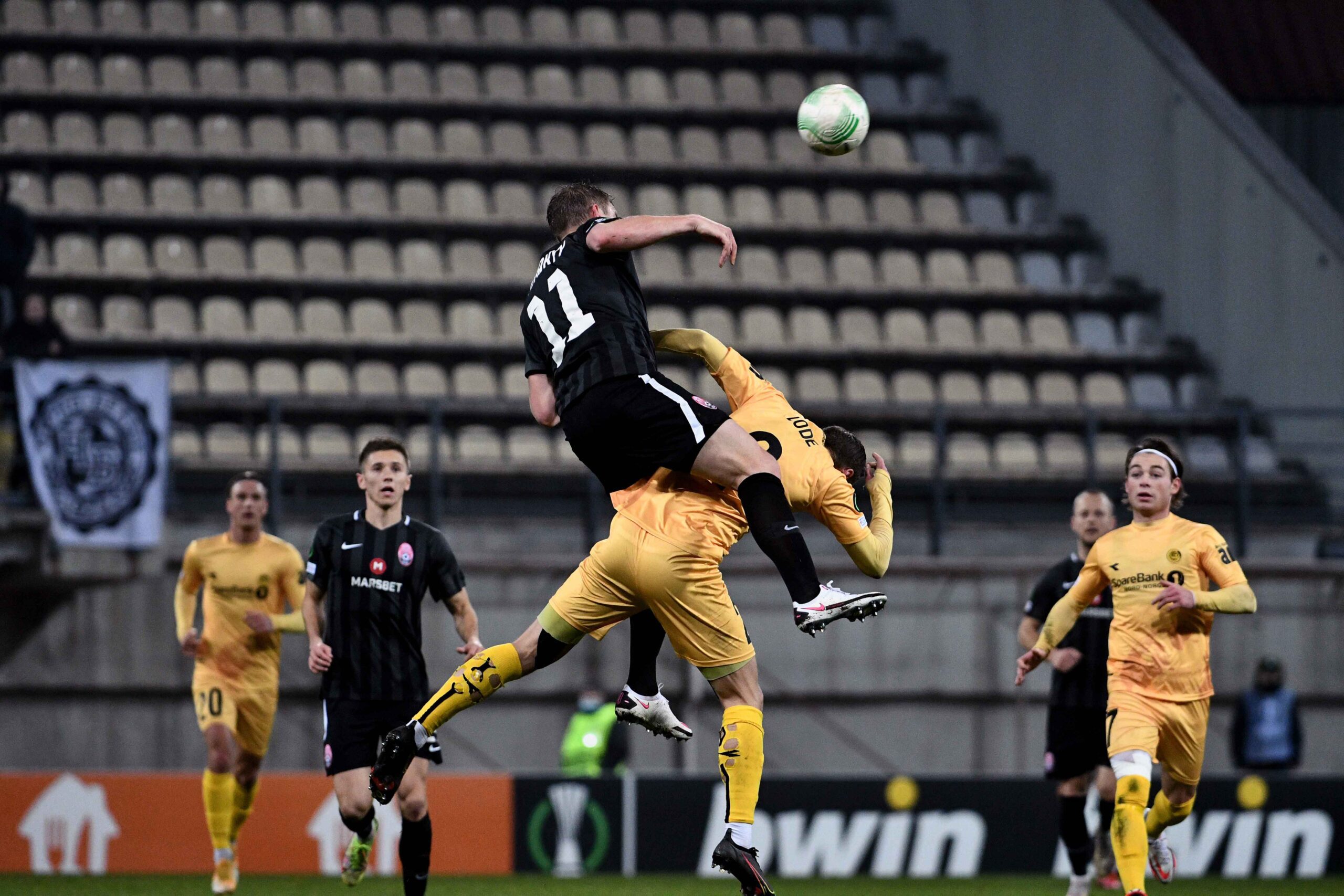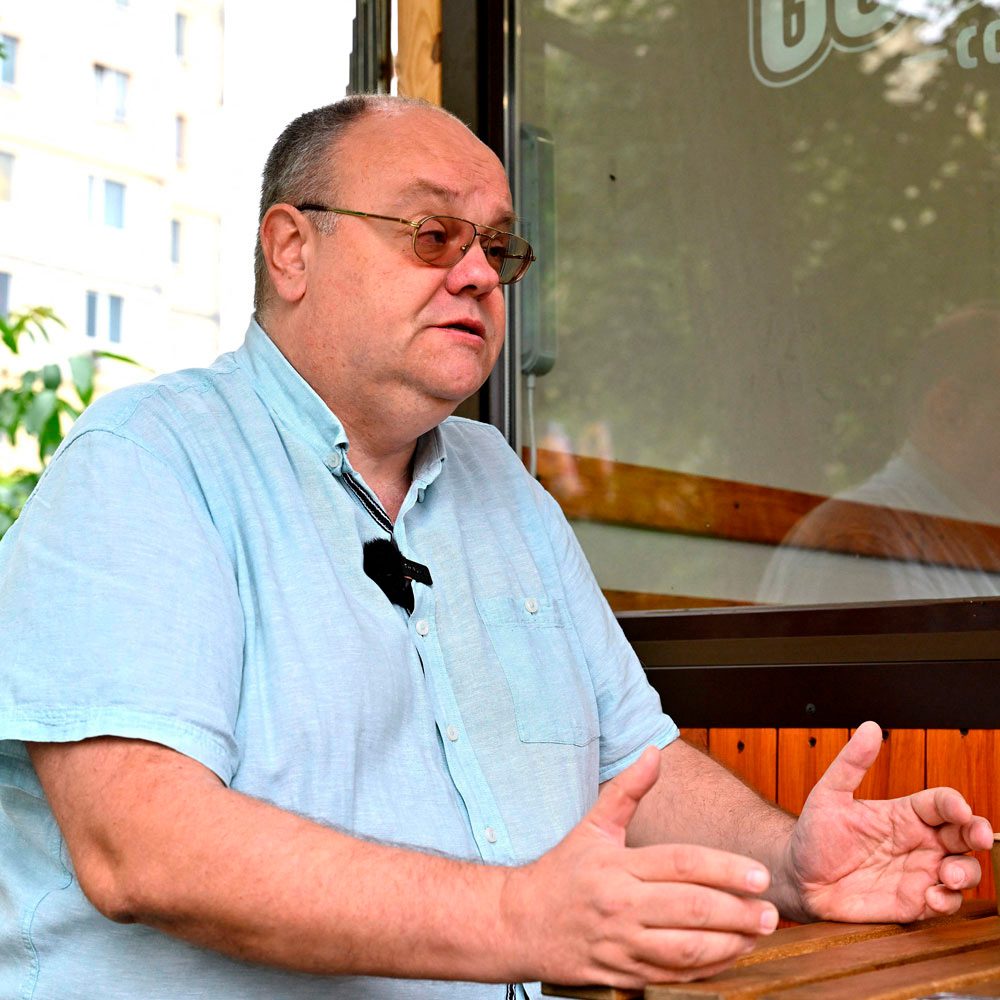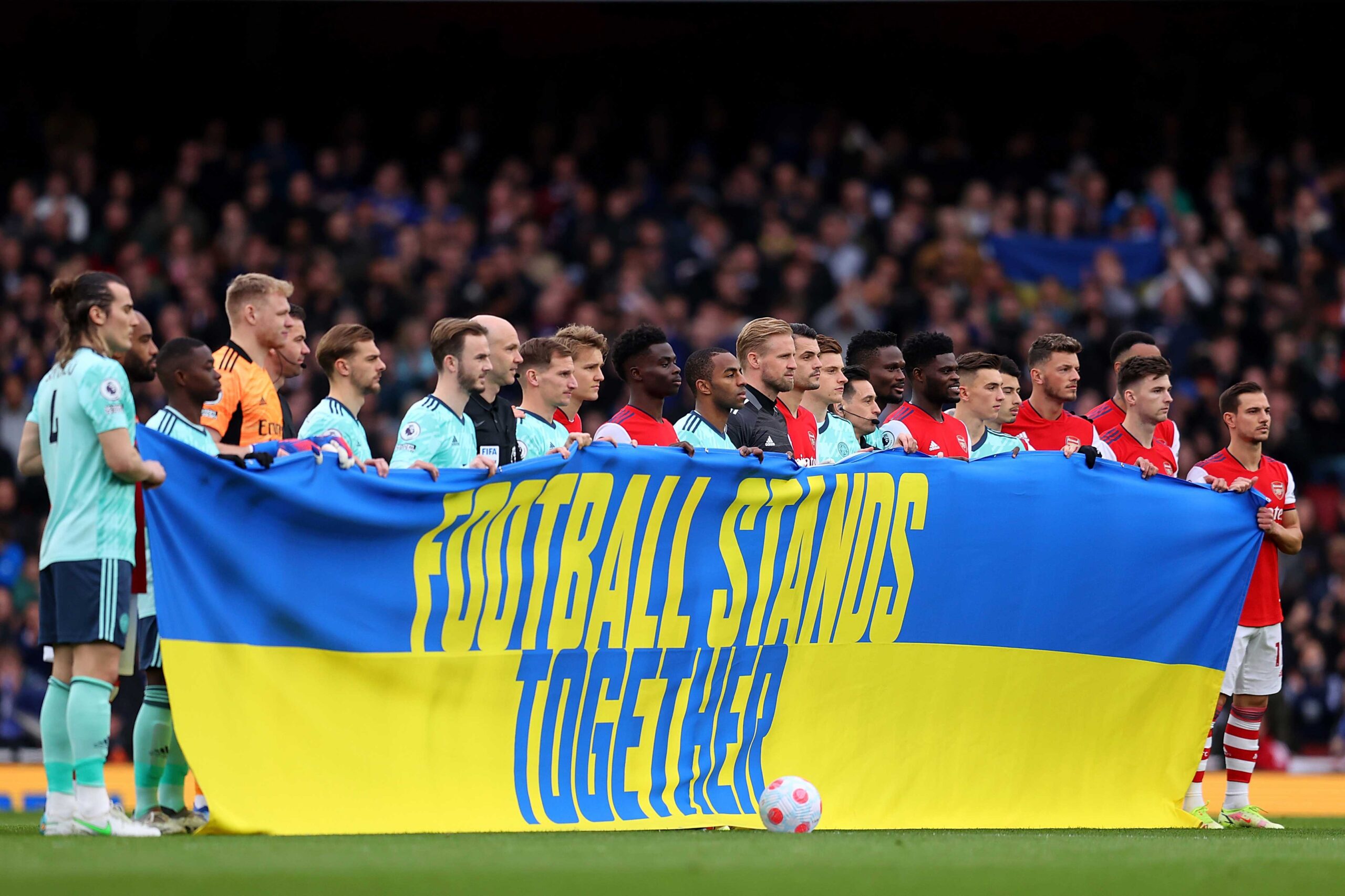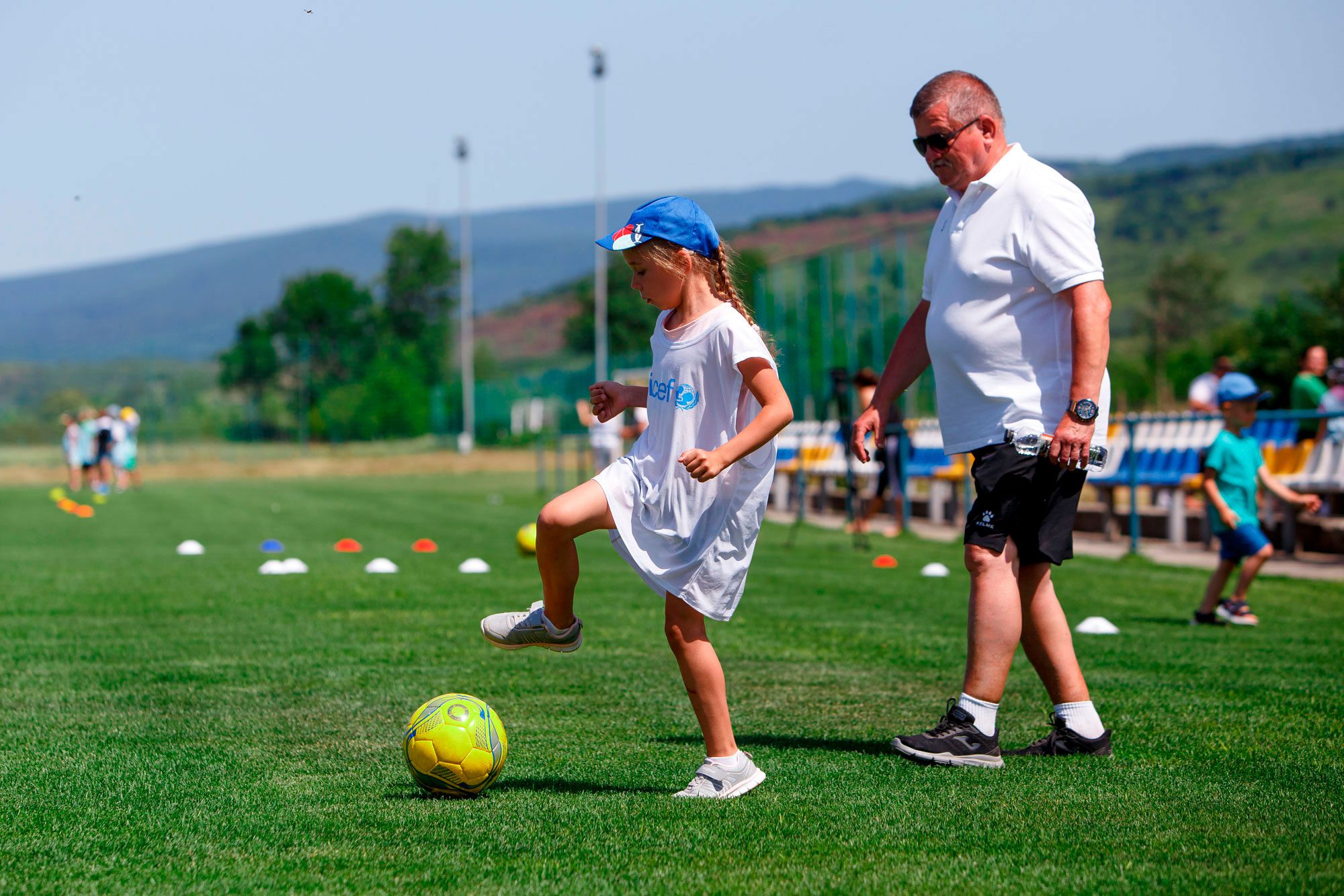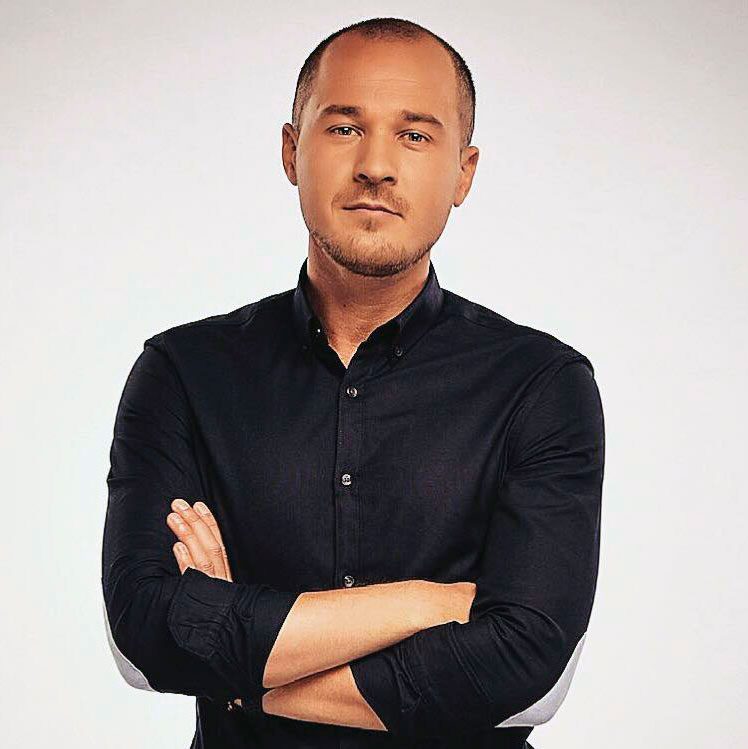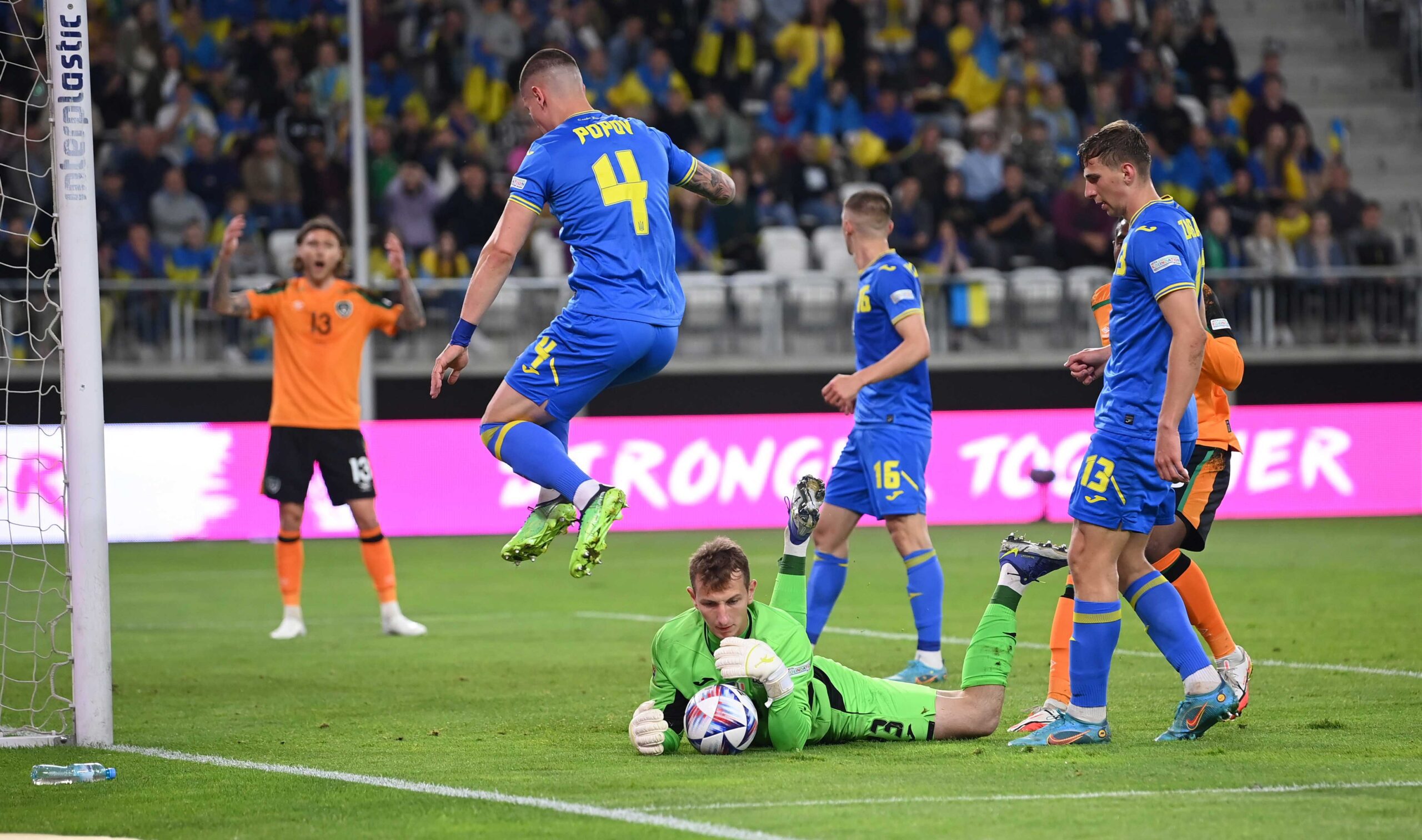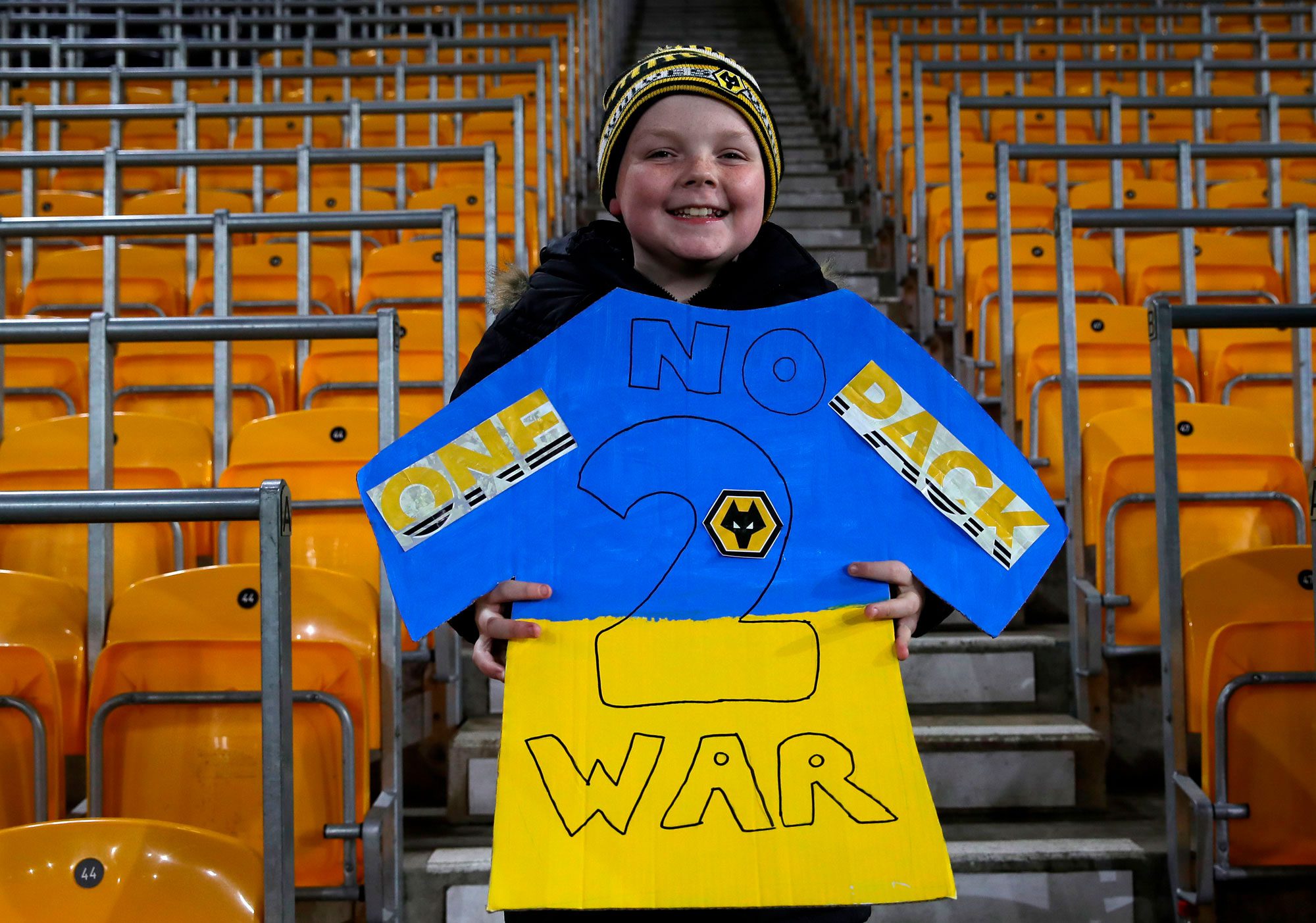‘Game of Millions’ under Threat: How the War Affected Ukrainian Football
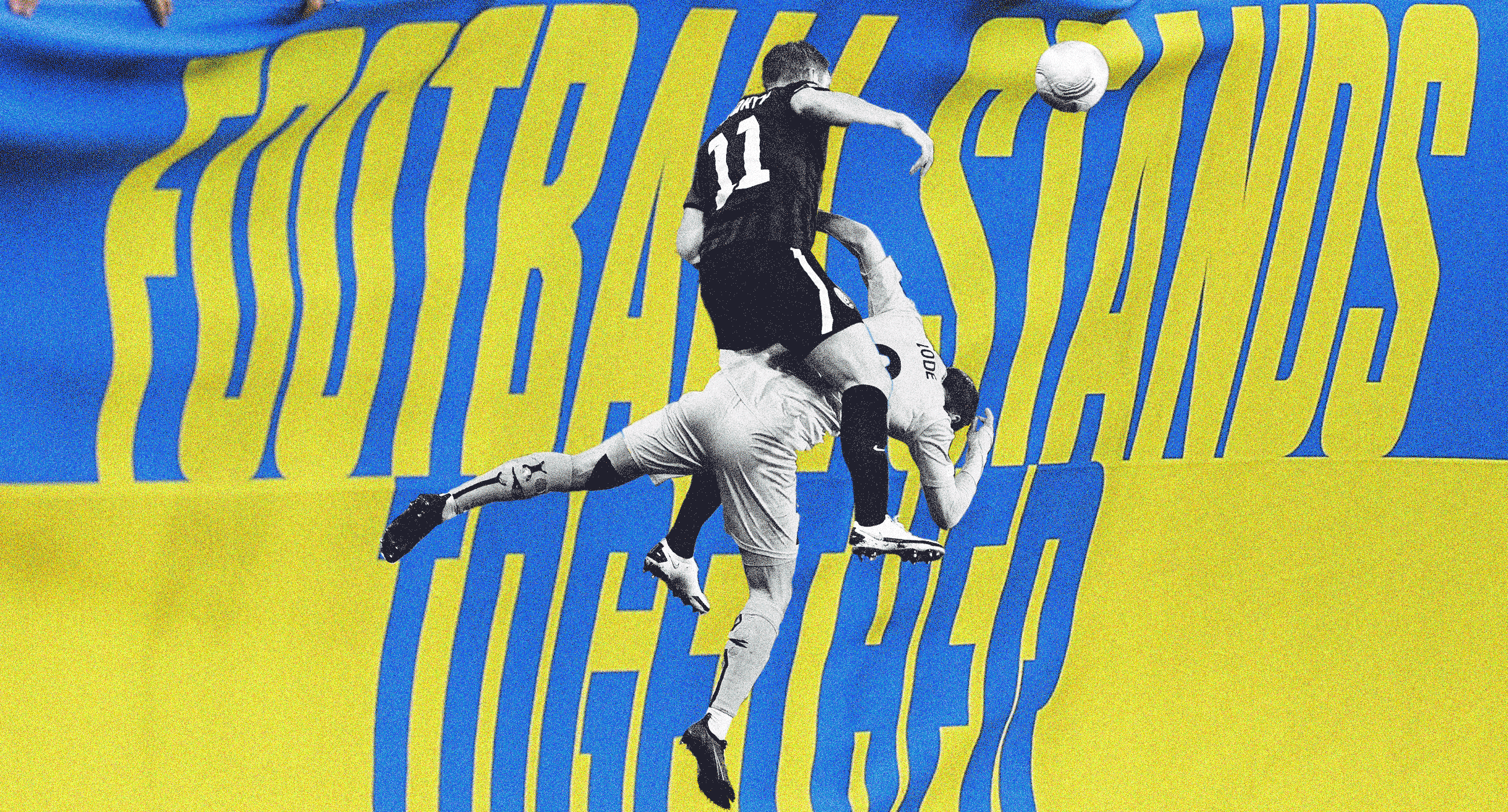
Russia’s full-scale war against Ukraine has been going on for four months and is spreading daily with new negative consequences. Zaborona has already written about the impact of the Russian invasion on the economic, military and food industries as well as on ecology and energy. What about sports? The recent matches of the national team of Ukraine for the right to play in the final stage of the World Cup once again proved that even in difficult moments for the country, football is critically important for people. Oleksandr Humenyuk figured out how hard the war hit Ukrainian football.
How the war affected Ukrainian football
As of February 24, the teams in the Ukrainian football championship finished the first round of matches and were on a planned winter break. The first matches of the second round were supposed to start already on February 25 in Uzhhorod – a game between the local Minai and the Luhansk Zorya. However, due to the start of a full-scale war, all sports activities on the territory of Ukraine were suspended. Subsequently, at a meeting of the Ukrainian Premier League, it was decided to end the championship ahead of schedule and keep the teams in the places they occupied at the time the championship was terminated.

The match of the 2021/2022 UEFA Europe League 6th round at the Slavutych arena in Zaporizhzhia, December 9, 2021.
Photo: Dmytro Smolyenko / Ukrinform / Future Publishing via Getty Images
In fact, the entire Ukrainian football paused. This applied both to the teams of the Premier League of Ukraine and to the entire football structure, which includes hundreds of junior teams and all regional football.
Such a stop could not mean anything good. “If now we refused to play football at all, then this would most likely mean the loss of a whole generation of players because at a young age, stopping classes for a year or two means giving up football altogether,” explains the editor-in-chief of football.ua Artem Frankov. In addition to the potential danger of stopping all football competitions, another problem has arisen.
-

Artem Frankov. Photo: SERGEI SUPINSKY/AFP via Getty Images
It concerned foreign football players who played for Ukrainian clubs with the status of legionnaires. Their contracts included force majeure clauses – including war – in which they could leave the club free of charge by terminating the contract. This began to happen. So, most likely, not a single legionnaire will participate in the next Ukrainian football championship.
“We already experienced a serious exodus of legionnaires in 2014, and now we have a second exodus, and we will play practically without legionnaires at all. The probability that they will stay is extremely small,” says Frankov. “Why do we need legionnaires? First of all, for the competitiveness of clubs in the European arena, and also for training our players. Cool foreign players raise our level, they serve as an example for our players.”

Arsenal and Leicester City fans hold a Ukrainian flag reading “Football stands together” ahead of a Premier League match at the Emirates Stadium in London, England on March 13, 2022.
Photo: Catherine Ivill / Getty Images
Another serious problem for most Ukrainian FCs was the financial ability to maintain a football club. Today, most Ukrainian clubs belong to private structures and individuals, and with the beginning of the war, many of them lost part of their profits and the ability to maintain their own football club on their balance sheet. This fact will most likely lead to the complete disappearance of many Ukrainian clubs. As it happened already in 2014 with Dnipro, owned by Ihor Kolomoiskyi, and Kharkiv Metalist, owned by fugitive oligarch Serhiy Kurchenko.
“We are working to minimize losses, to survive in a critical situation. What is needed for this: our clubs must play in the European Cups – that is for sure, because it is financial income, and we need money for football. We cannot take funds away from an already weak economy and military needs. In order for professional football to exist, it must feed itself, in the best case, exist on money from the West. There are some options, and maybe they will help us directly,” says Frankov.
What awaits Ukrainian football in the near future?
Due to the efforts of football officials and patrons in Ukraine, it was now possible to avoid a complete suspension of any games or training processes. In particular, such clubs as Shakhtar Donetsk and Dynamo Kyiv played a series of friendly matches abroad. The money collected from these matches was sent to help Ukraine, and the football players got important game practice.
In addition, it was possible to preserve the training process for young Ukrainian football players. For example, Dynamo Kyiv took many of its students to train in Hungary. About 80 young football players from the Zakarpattia region went to train at the Turin Juventus in Italy. In addition, the Ukrainian Football Association announced an agreement to place young Ukrainian football players in football academies in Latvia, Hungary, and Italy.

A football lesson within the framework of the Poruch project, a joint initiative of the United Nations Children’s Fund (UNICEF) and the Ministry of Education and Science of Ukraine to support children, youth, and families affected by the Russian invasion of Ukraine. Serednie village, Zakarpattia region, June 19, 2022.
Photo: Serhii Hudak / Ukrinform / Future Publishing via Getty Images
If we talk about the future Championship of Ukraine, which should start already at the end of summer, then the final decision about it has not been made yet.
“The next UPL championship will start in three cities: Kyiv, Lviv, and Uzhhorod. Over time, depending on the de-occupation of the territories and the remoteness of the front line, the geography of the competition will expand,” — says Ihor Burbas, journalist of the Football TV channel. The probability that the Ukrainian championship will still be held in Ukraine, and not abroad, was confirmed by Artem Frankov: “As far as I know, the direct desire to hold matches and play in Ukraine comes from the Office of the President. But it [the desire] runs into a purely logistical problem for the participants of the European Cups due to the fact that no one will let us hold the European Cups on their territory.”
-

Ihor Burbas. Photo: Ihor Burbas / Facebook
The logistical problems are the lack of air connections with Ukraine. And it’s not even about the comfort of football players. Circumstances may develop in such a way that Ukrainian teams playing in European competition simply would not have time to return to Ukraine from Europe for the matches of the domestic championship.
Considering such risks, Shakhtar CEO Ihor Palkin suggested a hybrid scheme: “If we play against a Spanish club in the Champions League, it will take us three days to travel to and from Ukraine and we may miss the weekend league game. Therefore, we have proposed to move the top six clubs to Poland by the end of this calendar year, where they will play with each other, and then from January [2023] (depending on the course of the war) to join the remaining 10 clubs who can play in Western Ukraine for the first half of the season “.

Ukraine’s goalkeeper Dmytro Riznyk during the UEFA Nations League Group 1 match between Ukraine and Republic of Ireland at LKS Stadium in Lodz, Poland on June 14, 2022.
Photo: Stephen McCarthy / Sportsfile via Getty Images
As for the Ukrainian national football team, there are the fewest problems here. Almost half of the starting lineup are Ukrainian football players who play abroad. This allowed them to avoid the problems faced by football players playing in Ukraine. This fact makes the impact of the war on the quality and level of the team’s game not so significant, although it is also noticeable.
That is, for now, it turns out that, despite such a serious challenge and threat as war, football officials and other people related to the football world still managed to save this sector from a complete fall and stop. If Ukraine still manages to hold a football championship, this will also give confidence in the future of Ukrainian football, albeit with a significant decrease in the level of the championship.

A young Wolverhampton Wanderers fan holds a ‘No to War’ sign in support of Ukraine before the Premier League match at Molineux Stadium in Wolverhampton on March 10, 2022.
Photo: Simon Marper / PA Images via Getty Images
“Football is such a wonderful thing that you can mock it, but it still won’t disappear. A person’s passion for playing with the ball is so strong and unquenchable that football will live on in any case,” summarizes Artem Frankov.

